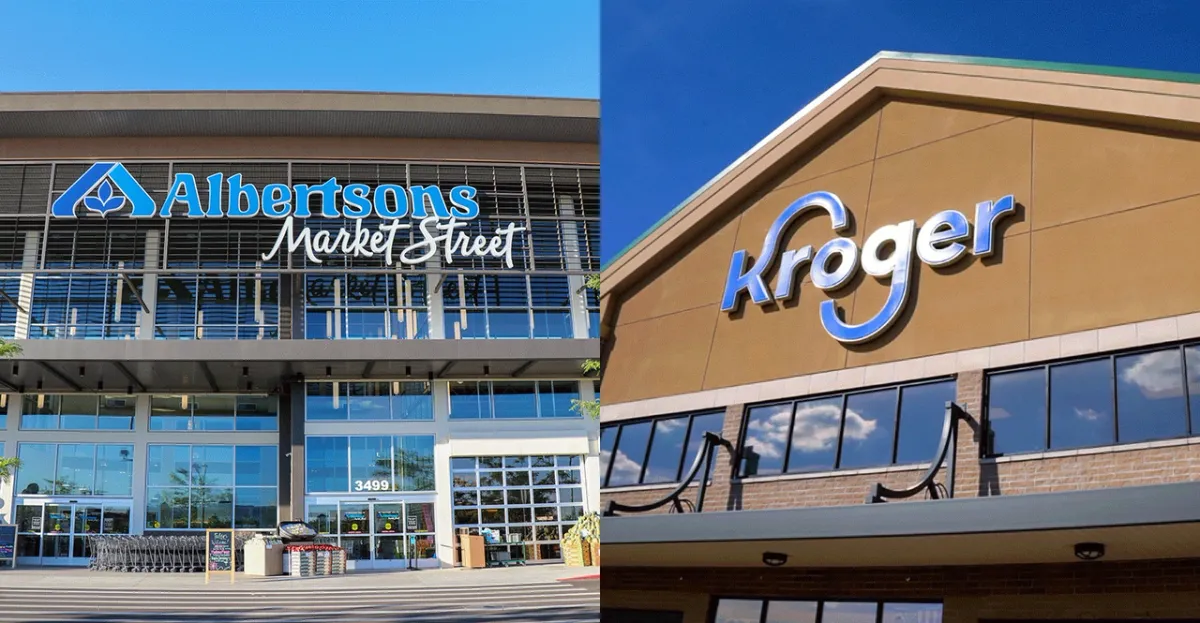Colorado Attorney General Celebrates Federal Court's Block of Kroger-Albertsons Merger
Colorado Attorney General Phil Weiser celebrates the temporary block on the Kroger-Albertsons merger, citing concerns over competition, prices, and local food options. Learn more about the impact of this decision.

Temporary Block on Kroger-Albertsons Merger Celebrated by Colorado AG
In a major victory for consumers, workers, and local farmers, a federal judge has temporarily halted the $25 billion merger between grocery giants Kroger and Albertsons. The ruling follows a three-week hearing and is part of an ongoing legal battle led by the Federal Trade Commission (FTC), which raised concerns about the potential antitrust implications of the deal.
FTC Lawsuit Raises Concerns Over Less Competition and Higher Prices
The Federal Trade Commission filed a lawsuit in February 2023, urging that the merger be paused to allow for further investigation into its potential effects on competition and consumer prices. The FTC argues that combining two of the nation's largest grocery chains could lead to fewer choices for shoppers, increased prices, and reduced competition—especially in states like Colorado, where Kroger and Albertsons both have a significant presence.
Kroger operates 148 King Soopers and City Market stores, while Albertsons runs 105 Safeway and Albertsons stores across the state. If the merger proceeds, critics fear it could lead to a concentration of power in the grocery industry, harming both consumers and suppliers.
Colorado Attorney General Phil Weiser's Victory for Local Interests
Colorado Attorney General Phil Weiser has strongly opposed the merger, calling it harmful to local communities. "This ruling is a win for Colorado's grocery shoppers, workers, and farmers," Weiser said in a statement. "It’s bad for consumers already struggling at the checkout, bad for workers' job security, and bad for local farmers who could lose access to the stores that carry their products."
Weiser and other opponents of the merger believe that a larger combined company would have too much market power, leading to fewer local food options and potentially devastating impacts on small farmers. The temporary block gives the FTC additional time to conduct hearings and determine whether the merger violates antitrust laws.
Union Support for Blocking the Merger
Unions representing over 100,000 grocery store employees have also voiced their support for halting the merger. The United Food and Commercial Workers (UFCW) union warns that the deal would lead to lost jobs, store closures, and food deserts—areas where access to fresh food becomes limited due to store closures.
In a statement, UFCW emphasized that the merger could harm workers, customers, and the grocery industry as a whole. "We call on Kroger and Albertsons to abandon this merger and instead focus on improving their stores," said the union. "Investing in better staffing, customer service, and operational improvements would allow both companies to grow and create long-term value without jeopardizing the livelihoods of employees and the well-being of consumers."
State-Level Action Continues: Colorado Fights for Consumer Protection
Colorado's legal battle against the merger isn't limited to federal court. The state has also filed a separate case in state court, challenging the merger and alleging that Kroger and Albertsons engaged in an illegal "no-poach" and "no-solicitation" agreement during the 2022 King Soopers strike. This agreement would have restricted workers from seeking employment at other grocery chains, undermining their labor rights.
Weiser expressed optimism that, with this federal ruling and ongoing state litigation, the merger will ultimately be permanently blocked. He sees this legal victory as a crucial step in protecting both consumers and workers from the negative consequences of corporate consolidation.
What’s Next for the Kroger-Albertsons Merger?
The temporary block has given antitrust authorities more time to scrutinize the deal, but the battle is far from over. The FTC has until further hearings to gather more evidence, and the state of Colorado will continue its efforts to protect the interests of its workers and local communities. As the case progresses, industry experts, workers, and consumers alike will be watching closely to see if the merger is ultimately allowed or permanently blocked.
